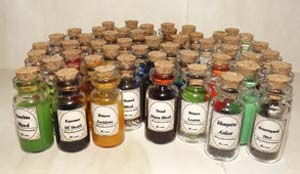
Over the years I spent a small fortune on
medications, supplements, and other concoctions that all claimed to be the
answer to fight off common ailments we all face when breeding budgerigars
for exhibition.
The vast majority did nothing positive for the birds,
but did create a drain on finances as I funded the manufacturers and
resellers of the products.
My conclusion is that in cases of serious infection
or illness, which is actually quite rare, a reputable avian vet should be
consulted. But, in the vast majority of cases, if you follow good husbandry
practices and provide a healthy diet, the common day-to-day ailments we face
with our budgies can be successfully treated with natural remedies and
products most of us already have in our kitchen.
Having a first-aid kit in the bird room or tucked
away somewhere handy is always a good idea, no matter what type of animals
or birds you keep, but it is especially important when you breed
budgerigars. There is always a chance of injury, sudden illness respiratory
issues and parasite infestations. Good avian vets can be hard to find, and
costs can be prohibitive, especially at night, on holidays and weekends.
Fortunately most common budgerigar ailments can
easily be treated at home.
While there are many products to be found at your
local feed-store or online, it is possible to put together a basic first-aid
kit using items you likely already have in your kitchen. Plus, the best part
is that they are all natural, so you don’t have to worry about any chemicals
or medications causing problems or reactions while you are treating your
birds.
First I suggest you find a sturdy plastic container
to keep your first-aid supplies organized.
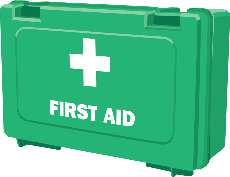
Natural First Aid Products:
There are plenty of natural home remedies which will
work wonders on your off-color budgies. Consider adding the following to
your first-aid kit.
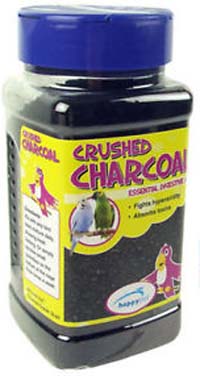
Activated Charcoal – helps flush toxins from the
body. The birds instinctively eat it when they don’t feel well. I add
charcoal to my grit mix which is available 24/7. It can also be fed to
budgies in case of suspected poisoning.
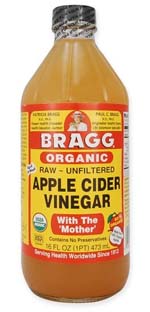
Apple Cider Vinegar – possesses some amazing health
benefits for humans as well as budgies. Adding one tablespoon per gallon to
the drinking water for several days helps improve immune systems, guards
against bad bacteria and maintains digestive health in the intestines. ACV
also acts as an antiseptic by killing germs that cause respiratory problems
and promotes healthy mucus flow. I add ACV to drinking water one week each
month year around. If you are treating a sick bird increase the amount of
ACV by 3-4 times.
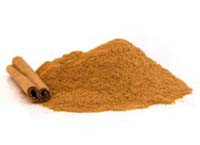
Cinnamon
– can help keep infection at bay when
included in the diet, and as a bonus cinnamon helps relieve respiratory
distress. Powdered cinnamon can be added to your softfood mix.
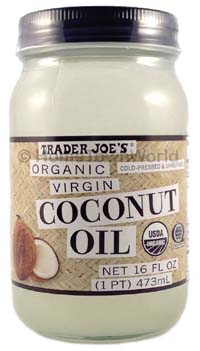
Coconut Oil
– Can be smeared in the legs, feet, beak
and cere to smother and kill scaleyface/scaleyleg mites.
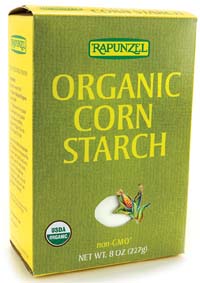
Cornstarch – is a fast and effective way to stop
bleeding. Applied topically, it can quickly staunch the flow of blood from a
wound or cut.
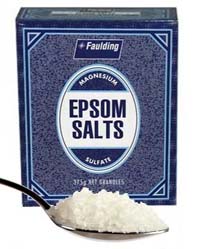
Epsom Salt
– a little dissolved in drinking water
will assist with intestinal tract blockage and reduce diarrhea.
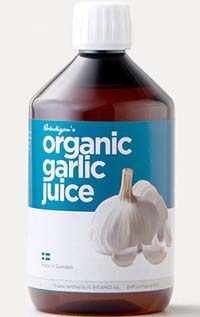
Garlic Juice – You can buy it commercially prepared
or make your own by steeping minced garlic in water then straining the
solids. Fresh garlic or garlic juice added to the drinking water will help
boost immune systems and increase respiratory health. Garlic is also a
natural wormer, and helps to control internal parasites. For fast natural
treatment for mites, lice and other external parasites spray under your
birds’ wings and around their vents.

Honey – A great natural antiseptic that will keep
wounds clean and free from infection.. and obviously non-toxic if
inadvertently eaten by the hen.
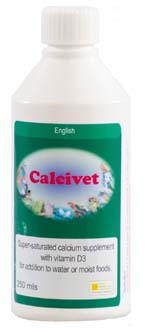
Liquid Calcium - can help an egg-bound hen pass her
egg before it is too late. A few drops direct to the beak every hour or two
is usually all that is needed, and she is able to pass the egg, avoiding a
potentially life threatening condition.
Calcium is required to create strong egg shells, and
it is also responsible for the contractions that help the egg through the
oviduct. Adding liquid calcium to the drinking water in the months leading
up to, and during the breeding season, will help the hen build up her
reserves.
Splayed legs in chicks are often associated with a
calcium deficiency. If you catch it early enough administer 2-3 drops direct
to the beak each day and the legs will often revert to their correct
position.
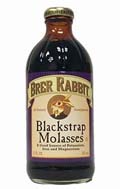
Molasses – contains an abundance of nutrients and
minerals which can be beneficial to a bird that is lethargic or recovering
from illness or stress. Molasses will also help flush toxins if you suspect
accidental poisoning or botulism. Caution: Molasses fed in large quantities
can cause diarrhea so just add a few drops at a time to the drinking water.
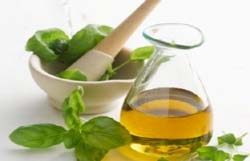
Oil of Oregano – has recently been studied as a
natural antibiotic by commercial poultry farms, especially effective when
fed in conjunction with cinnamon.
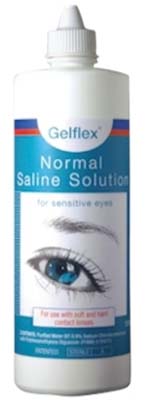
Saline Solution – can be used to cleanse eyes and
nostrils, as well as cleansing a wound.
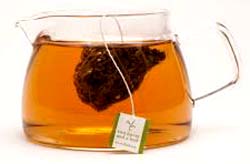
Tea Bags – Cold tea (black or green) is a very
effective treatment of diarrhea. Make a cup of tea, similar strength to you
would make to drink. When it has cooled use as the sole source as drinking
water for several days.
